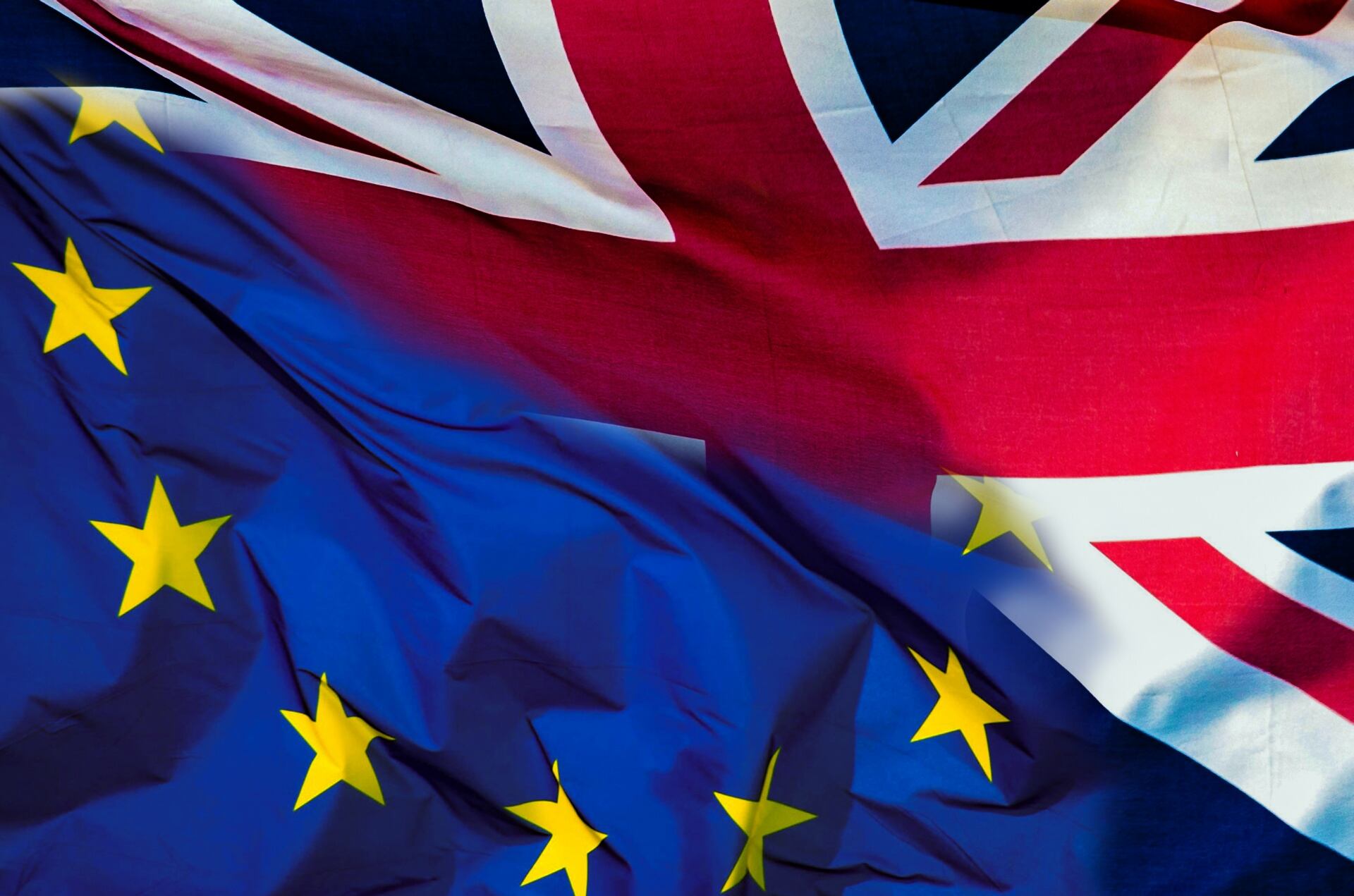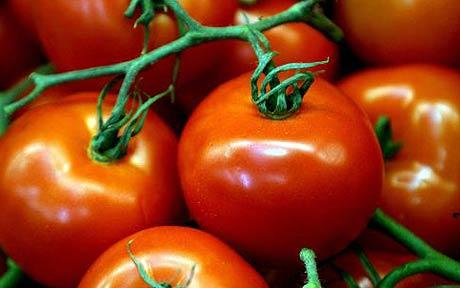The Windsor Framework is an agreement in principle that sets out the direction for future trade between Britain and Northern Ireland, effectively eliminating the border across the Irish Sea.
Speaking at today’s (27 February) press conference at Windsor Castle, Sunak said: “Today's agreement delivers the smooth flow of trade within the United Kingdom. Goods destined for Northern Ireland will travel through a new Green Lane with a separate red lane for goods at risk of moving on to the EU.
“In the Green Lane, burdensome customs bureaucracy will be scrapped. It means food retailers like supermarkets, restaurants and wholesalers will no longer need hundreds of certificates for every lorry.
“And we will end the situation where food made to UK rules could not be sent to and sold in Northern Ireland. This means that if food is available on supermarket shelves in Great Britain, then it will be available on supermarket shelves in Northern Ireland.”
Restrictions lifted
The agreement would also see the end of customs paperwork for friends and family sending parcels or doing their shopping online and make medicines approved for us by the UK’s medicines regulator automatically available in every pharmacy and hospital in Northern Ireland. Full detail of the agreement has yet to be published.
Logistics UK head of trade and devolved policy Nichola Mallon said: “During these discussions, Logistics UK has consistently reinforced the importance of an agreed, durable outcome between the UK and EU on the NI Protocol in relation to securing the stability and predictability businesses need.
“Today’s announcement that an agreement has been reached is therefore positive news for industry, and Logistics UK will now take time to work through the technical details with members.”
Speaking ahead of the press conference, Food and Drink Federation head of international trade Dominic Goudie said: “We are pleased that an agreement has been reached on the Northern Ireland Protocol. Any deal to improve the movement of goods is welcome, after the significant uncertainty food and drink manufacturers have faced over the past two years.
“We look forward to seeing the details of this agreement, and how it will provide a pragmatic and business friendly solution that will ensure Northern Irish consumers can continue to enjoy the full choice of quality UK products, without facing higher prices.”
Welcome conclusion
British Frozen Food Federation chief executive Rupert Ashby welcomed the conclusion of negotiations between the UK Government and the European Commission.
“The settlement reached on the Northern Ireland Protocol is good news for businesses throughout the frozen food supply chain which are looking forward to more efficient trade relations within the UK and to the EU,” he added.
“For frozen food producers, distributors and retailers which have faced difficulties since the Withdrawal Agreement, this marks the beginning of a positive new chapter.
“Frozen food has become an increasingly popular choice for consumers looking for high quality and affordable options in their weekly shop and I know that our members will seek to reach more of the Northern Ireland and EU markets through this renewed opportunity.”
A spokesman for the British Meat Processors Association said: "The new Windsor Framework is to be welcomed as long as it reduces the barriers to trade that have been hampering UK companies until now and as long as the measures proposed can be implemented effectively.
"We will be examining the detail of the new framework as soon as the full text is published to understand the specific implications for the British meat industry."
Product labelling
Provision Trade Federation director general Rod Addy said that the deal was positive news for the food and drink industry in many areas but raised questions around the nature of labelling goods headed for Northern Ireland.
“The requirement for special labelling for goods destined for Northern Ireland, designating them ‘not for EU’ will entail some disruption for food and drink producers,” Addy explained. “However, promised transitional support from Government for this is good news, as is the phased implementation of this labelling, from 1 October 2023 through to 2025 on current timescales.
“Beyond that, this agreement is positive news for the food and drink industry in many areas. It ensures no ban on UK products such as sausages and minced meat destined for NI.”
Addy warned that how the deal is implemented over the coming months would be fundamental to its early success. For this to happen, Whitehall and the UK Parlaiment will need to work closely together with all parts of trade to deliver “pragmatic solutions that work for everyone”.
“The removal of the need for separate certificates for each different product on the same consignment of goods is most welcome,” he added. “The use of green lanes for goods destined for NI using a special scheme for trusted traders and red lanes for Ireland and the rest of the EU, with customs checks at NI ports will need to be underpinned by robust data-sharing systems.
“While good in principle, we will need to see how reduced frequency of ID checks and simplified customs designations for products work in practice. We need DEFRA to engage and be listening.
“We must also remember that while positive progress has been made over the past few days, Brexit is by no means done and hard work still lies ahead on the technical detail of EU-UK trade. Areas such as triangular trade, where EU products exported to the UK cannot in some cases be re-exported to the EU, and the target operating model for UK border controls remain big issues.”





